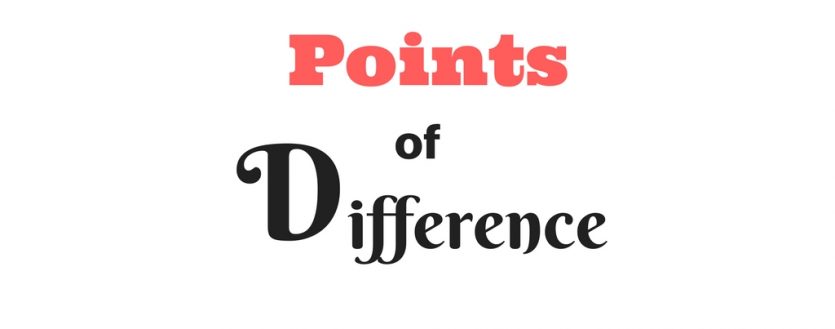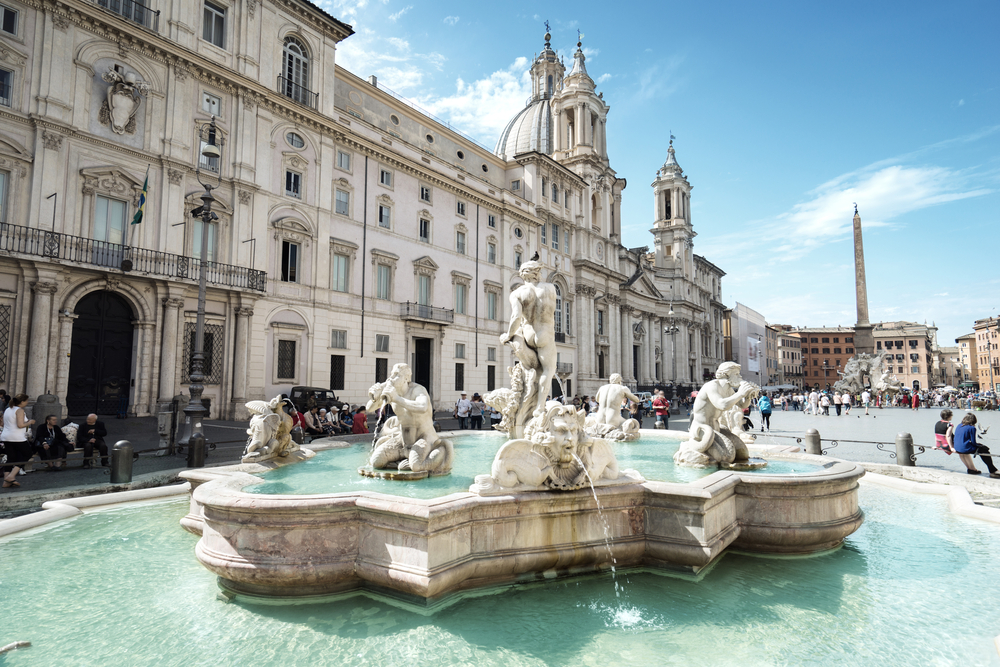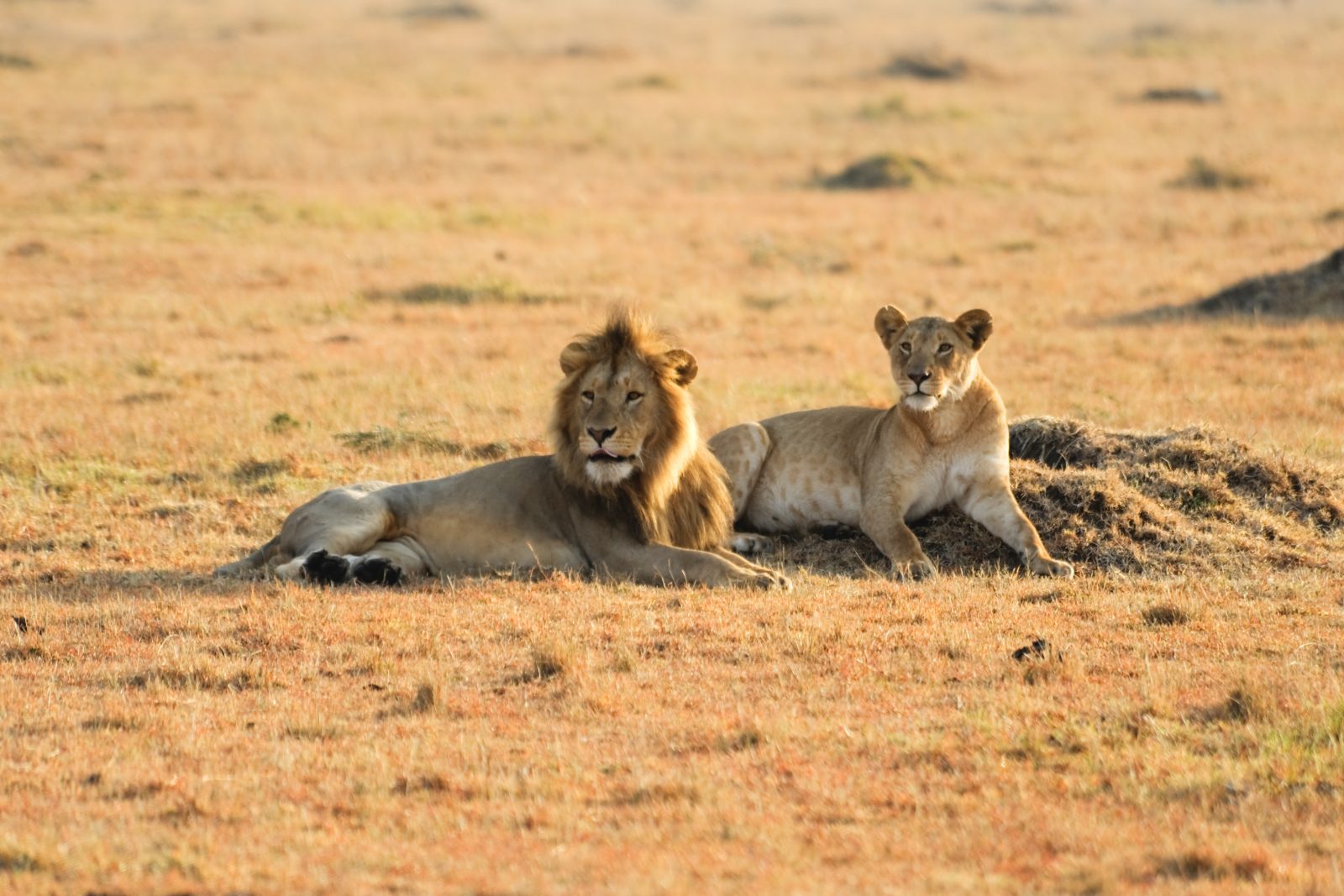
Points World
Millions of people in the U.S. collect frequent flyer miles. Add into that hotel and other related rewards, and you’ve got millions more. Many people participate in the collection of rewards in similar ways. They have a go to rewards credit card that they put most of their everyday spending on, fly occasionally, and don’t give much of a thought to earning points en masse. I used to operate in the same way, but over the past five years, that patter has changed. With each year that I’ve been in the points “hobby”, my points totals have grown to where I’ve collected over 10 million rewards points in the past five years. For some that’s a huge number, but for others, that’s really not that much.
I’m not writing any of this to boo-hoo anyone, their point totals, or the way the live their life, spend money, or collect points. However, I do think that there are better ways to earn more points and miles than others. I use many of those “better” tactics, but also purposely (and sometimes inadvertently) avoid others for various reasons.
Differ-ences
Here are some of the differences between how I currently look at rewards compared to others involved in the points and miles scene.
- I haven’t actually paid for a flight, domestic or international, in the past 5 years. Various points currencies including (but not limited to) all of the major domestic and international frequent flyer miles, have done that for me. I often pay the tax for the flights, but not always.
- I manufacture spend over million frequent flyer miles, hotel points, and other rewards each year because among other things, it’s the quickest, and most efficient way to achieve points en masse.
- I rarely pay for hotel stays, but do on occasion if the deal is good enough and the math works out. I really enjoy Airbnb and hostel stays. Hostels can be a gong show, but they can also be some of the best times of your life.
- Cost per point (cpp) is important to me, and I hate paying for points. I know people who spend well over $30,000 (directly out of pocket) buying points each year in one way or another at a cpp of roughly $0.01 or 1% or more. I prefer to keep my cpp at 0 to $0.002 or .2% (or a fraction of 1 percent).
- I value travel points like Barclays Arrival Miles and Capital One Venture Rewards much more than most people in the points hobby, as I’ve used them for an African safari, 3 great white shark cage diving trips, on flights, hotel stays, travel tours, trains, and more. Flights and hotel hacking are a dominant focus in this hobby, but reducing other travel expenses is very underrated.

Points have helped me see 32 countries in Europe, many of them multiple times each
- Although I prefer flying up front, I am open to flying coach with points. A general tipping point for flying up front is if the trip is 8 hours or more. Any flights longer than a trip to Europe, and I’ll probably tee up business or first class, but anything under that seems silly to use extra points for. On a typical 8 hour flight, I’ll watch a movie or two and eat while working, then take a nap or sleep a bit, and by the time I wake up and eat again the flight has landed. I could literally spend a few days on a plane without any complaints about how difficult the experience is. Complaints about economy flights are truly first world problems.
- I try and maximize points for any aspect of my trip that I can. In a normal trip, I’d use points for the flight, hotel, Airbnb, hostel, and even excursions if possible. Some of my trips have been completely paid for, and that includes groceries and souvenirs. I’ll write more about that in my upcoming book Travel For Free which should be due out later this year.
- I rarely use FlyerTalk, Slack, Facebook, Twitter and other tech type media. I don’t mind those resources, as more information is usually a good thing, but for me it’s too much and just adds clutter to my life. I also don’t have the time.
- I befriend people in the stores, malls and various locals that I frequent for points runs. I know the name of greeters, cleaners, service staff, managers, and many more. I’m not just doing it for my transaction benefit, but because it also feels good to do so – to make human connection, share some smiles and stories, and be real and engaging. Occasionally some nice intel comes from knowing lots of people connected internally to my hobby.
- I don’t use Drop or iBotta for extra points. I used Drop for a short time when it was released but that was only for a short lived MS deal. Drop changed it’s terms and conditions shortly int the deal and left people hanging without paying out the cash that was owed. For me those two apps are a waste of time and energy.
- I keep a spreadsheet of all my rewards accounts, points and credit card balances, and related information. I don’t feel secure giving my personal information, and account passwords to some website that could be hacked. I prefer keeping my own information for privacy and security, but also to keep me in touch with my bills and accounts.
- Payment due date is meaningless to me. I literally pay my credit card bills every day except on the weekends when the banks are closed.
- Even though I pay my bills every day, before statement close and/or the date at which balances are reported to the major credit bureaus, I often (purposely) leave some money left on my bill so that I’m using some of the credit extended to me.
- Statement close date is more significant than Payment due date, but the Statement close isn’t as important to me as the date that balances are reported to the major credit bureaus (and the two may not be the same). I keep track of both (when possible) because having a low utilization (under 20% for sure, but preferably under 10%) is important to protecting a credit score.
- I don’t particularly care about category spend bonus for minor charges (under $100) to my rewards cards. Actually, I put general spend on a variety of cards that don’t even earn category bonuses – on purpose. I do that to get more usage on my cards. Category bonuses for general spend, even if it adds up to 1,000 to 2,000 extra points in a year, are now pennies on the dollar for me.

Lions in Kruger National Park, South Africa
- In over 40 rewards cards in 4.3 years in the hobby, I have around 6,500 Delta Skypesos and no (direct earning) Delta rewards card. In short, the award program seemed too expensive to me when I started, and I’m mostly glad that I stayed away. Some like the program and actively collect Delta’s miles. More power to them, but it’s not for me at this stage. For me Delta’s award program usually has the same status: maybe later.
- I rarely chase small points bonuses for buying things that are posted on big (points and deals) blogs. They almost always cost more than manufacture spending to get points and the cpp (cost per point) is often way to high for my liking.
- With a blog you’re basically required to have all of the social media accounts and actively promote through them. I’m considering turning that whole social switch off. Social media is a world with very little meaning to me.
- I have a few hundred thousand Amex Membership Rewards but aren’t very high on the program. For me it’s the worst of the transferrable points currencies (Chase, Citi, SPG, and MRs). There can be some redemptions that grab attention, like SAS and Swiss Air first class via Aeroplan, but in general there’s not a lot that draws me to the MR program.
- I value the Chase Ink Cash as one of the top rewards cards out there but it’s under-covered and under-promoted in the major points blogs. The card never has an annual fee and gets 5x on most store gift cards at office supply stores for tons of items that people normally spend money on. The Chase Ink Plus card, which carries an annual fee of $95 does get quite a lot of advertisement on the blogs for whatever reason. I’m guessing it’s the fee they are paid for approvals on an annual fee card vs. a no annual fee version, but again, that’a pure guess.
- I pay few annual fees on my rewards cards. I’ll call the banks to try and get the fees waived, downgrade, or close cards if I don’t see outstanding value for holding onto it. When I first started in the hobby, I was nearly allergic to annual fees and extraneous expenses. Now that fear has subsides a little, but I still try and navigate through the rewards hobby as cheaply as possible. Annual fees can add up fast, and for most people, the points don’t add up as quickly to offset those costs.
- My blog is unsponsored. I talk about anything I want, even topics that might be controversial for some readers. Travel is linked with lots of subject areas including politics, history and culture, and to not talk about those aspects of life is like an intellectual neutering. I don’t talk about subjects to offend or to dominate, but rather to simply express my opinion and hopefully to provide clarity or a different take on occasion.
